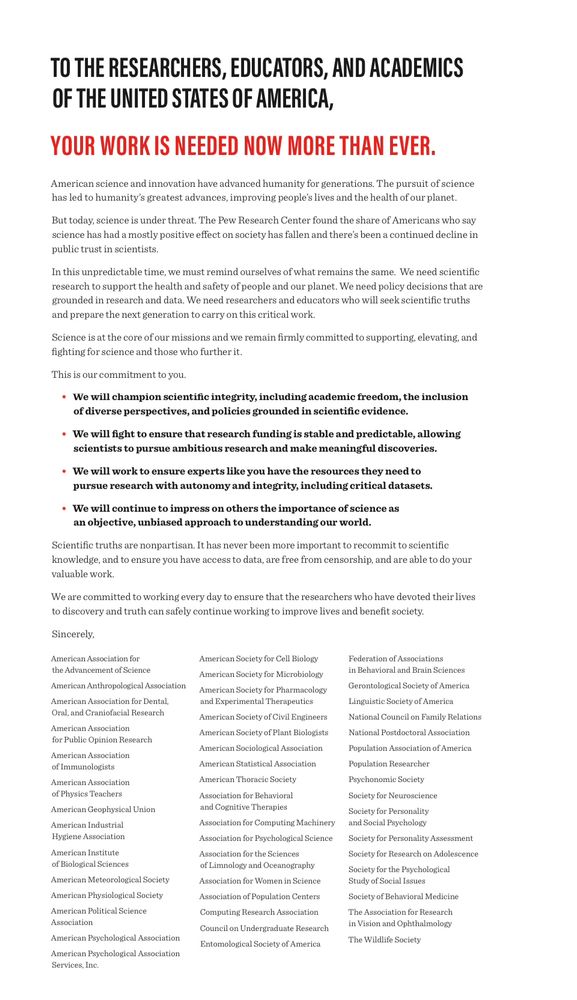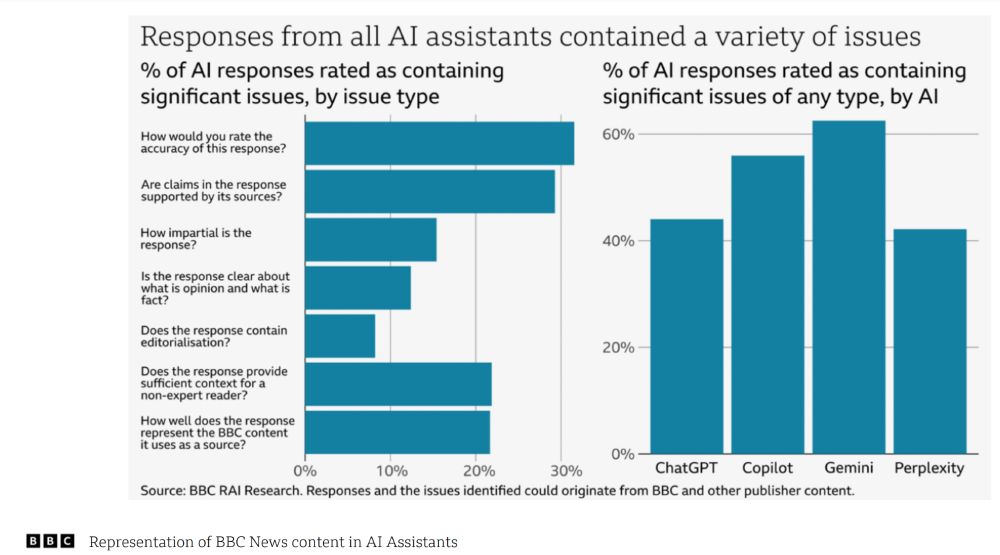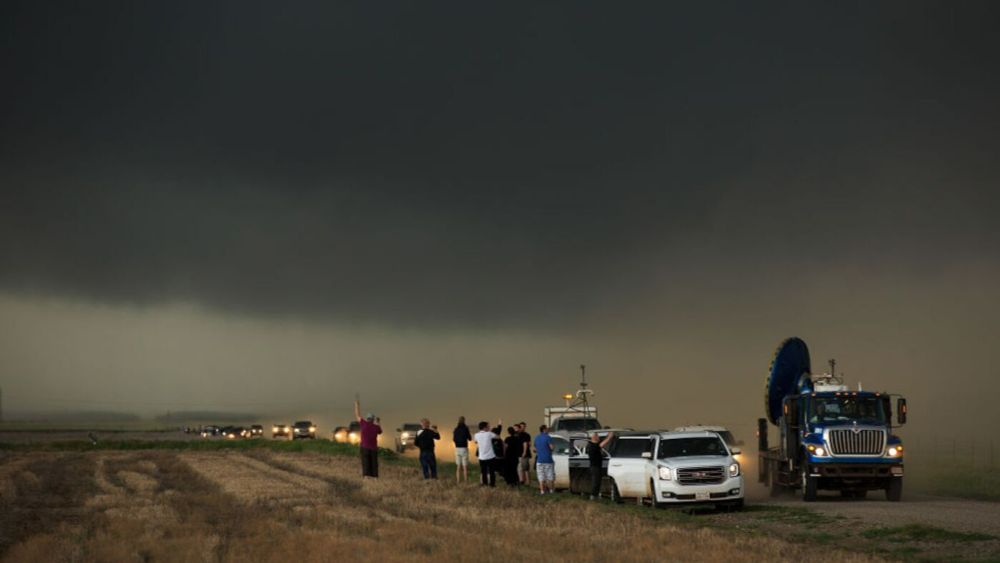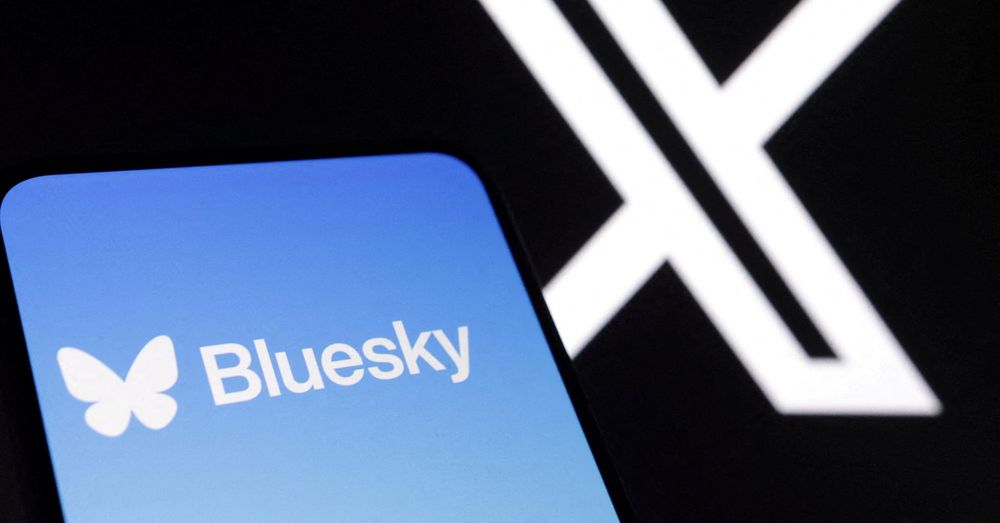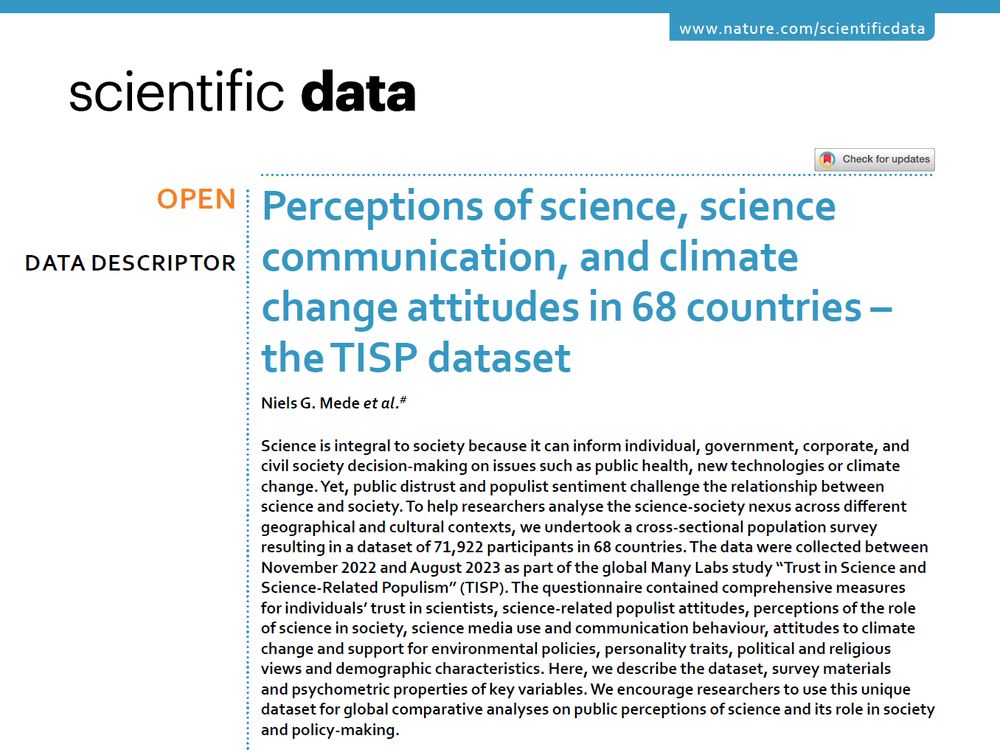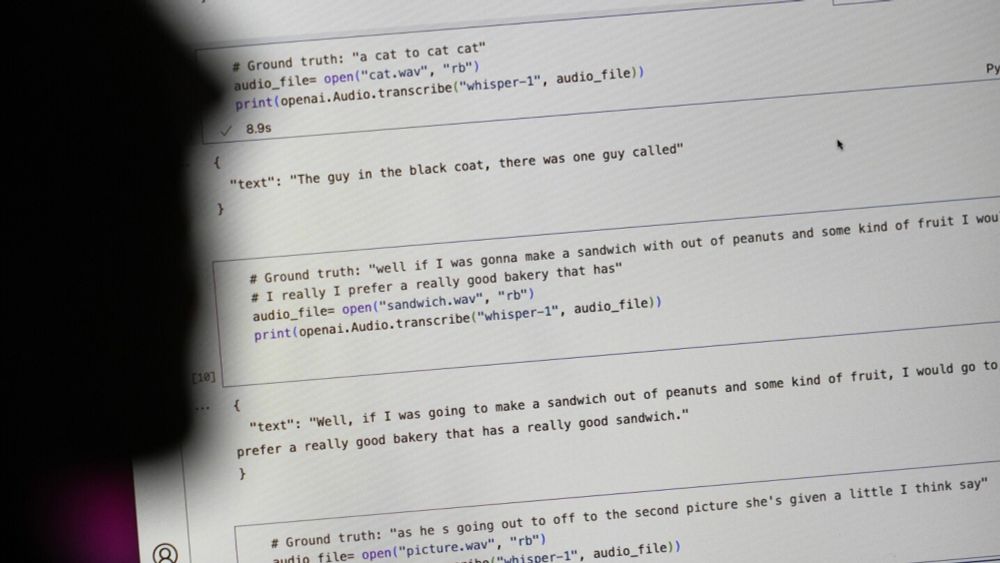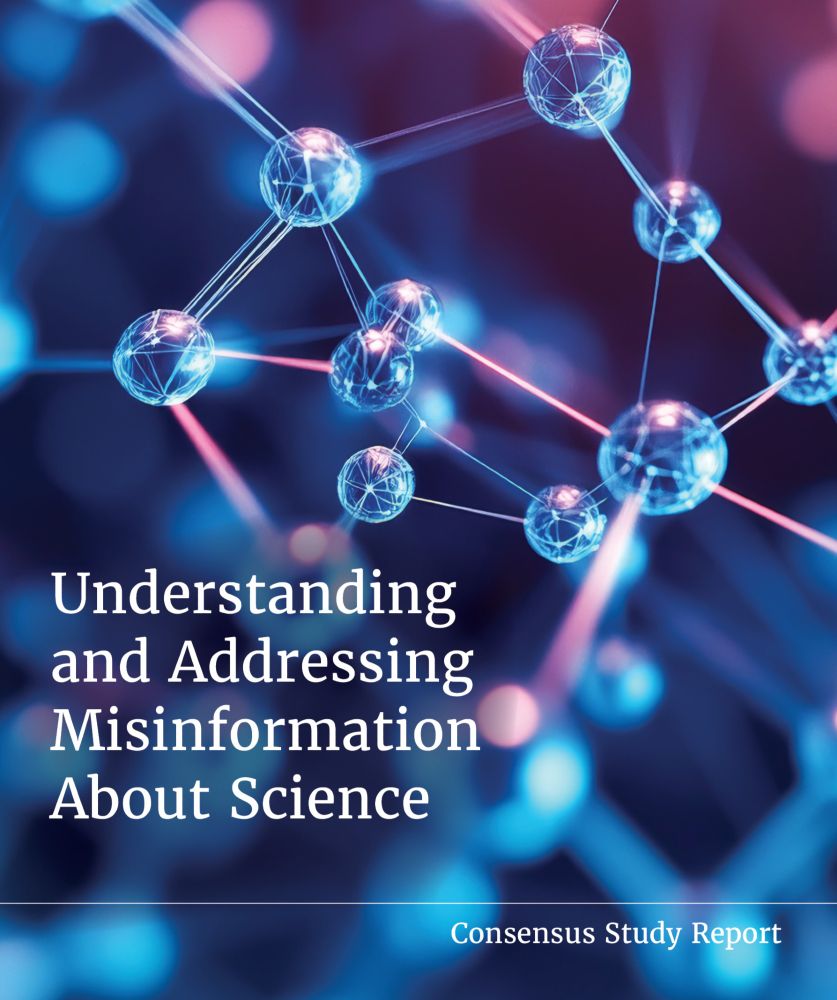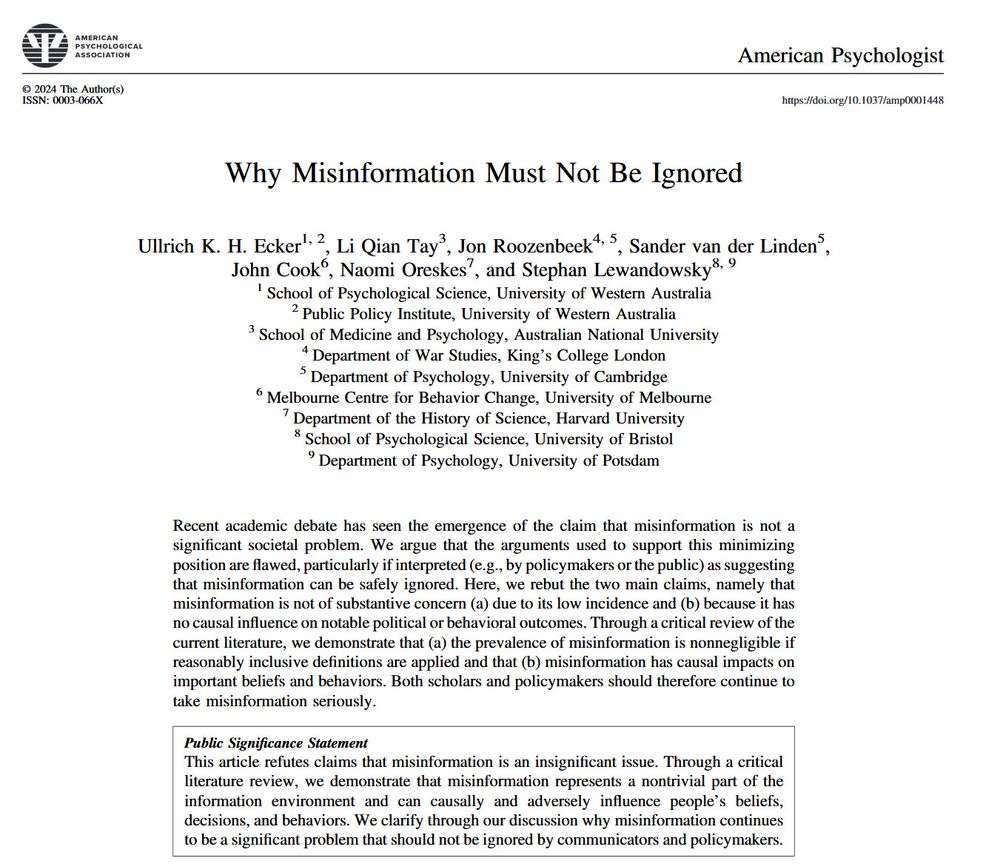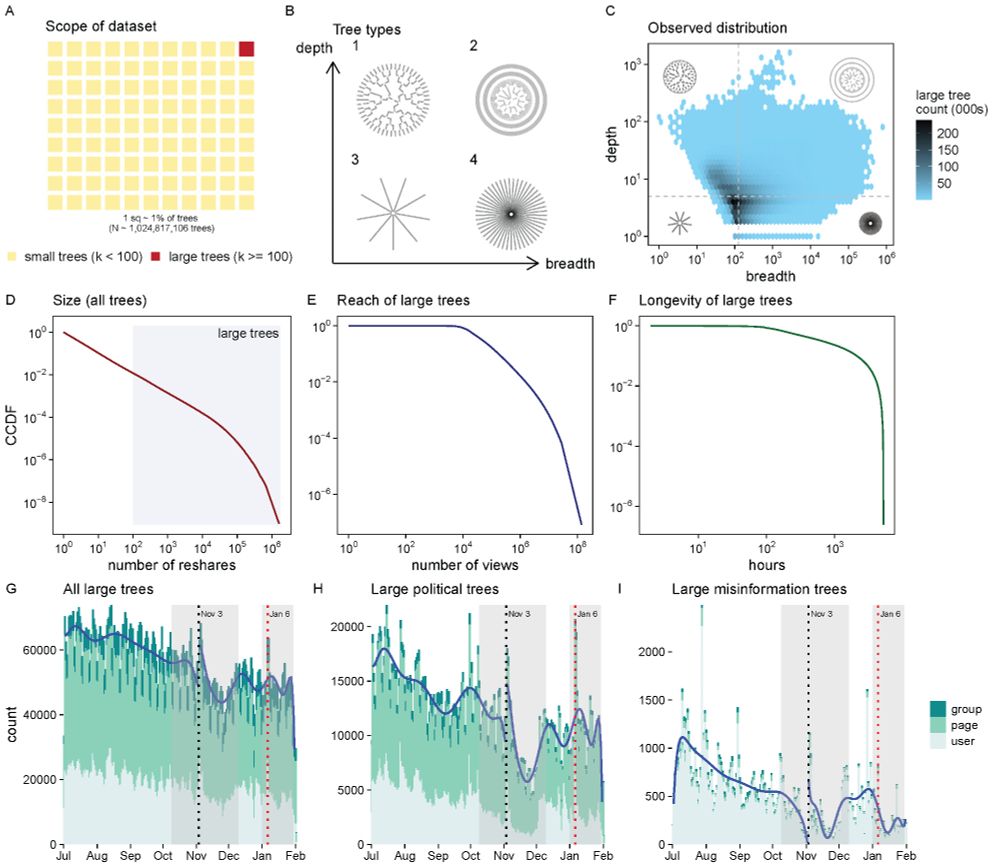Emily Vraga
@ekvraga.bsky.social
3.8K followers
320 following
49 posts
Professor in the J-school at the University of Minnesota, studying health and political misinformation
Posts
Media
Videos
Starter Packs
Emily Vraga
@ekvraga.bsky.social
· Mar 6
Reposted by Emily Vraga
Reposted by Emily Vraga
Reposted by Emily Vraga
Reposted by Emily Vraga
Reposted by Emily Vraga
Oxford Internet Institute
@oii.ox.ac.uk
· Jan 22

OII | Oxford researchers outline recommendations for studying the impact of artificial intelligence on young people’s mental health
With the rapid adoption of AI by children and adolescents using digital devices to access the internet and social media, OII experts call for a clear framework for AI research considering the impact o...
bit.ly
Reposted by Emily Vraga
Reposted by Emily Vraga
David Rand
@dgrand.bsky.social
· Jan 7
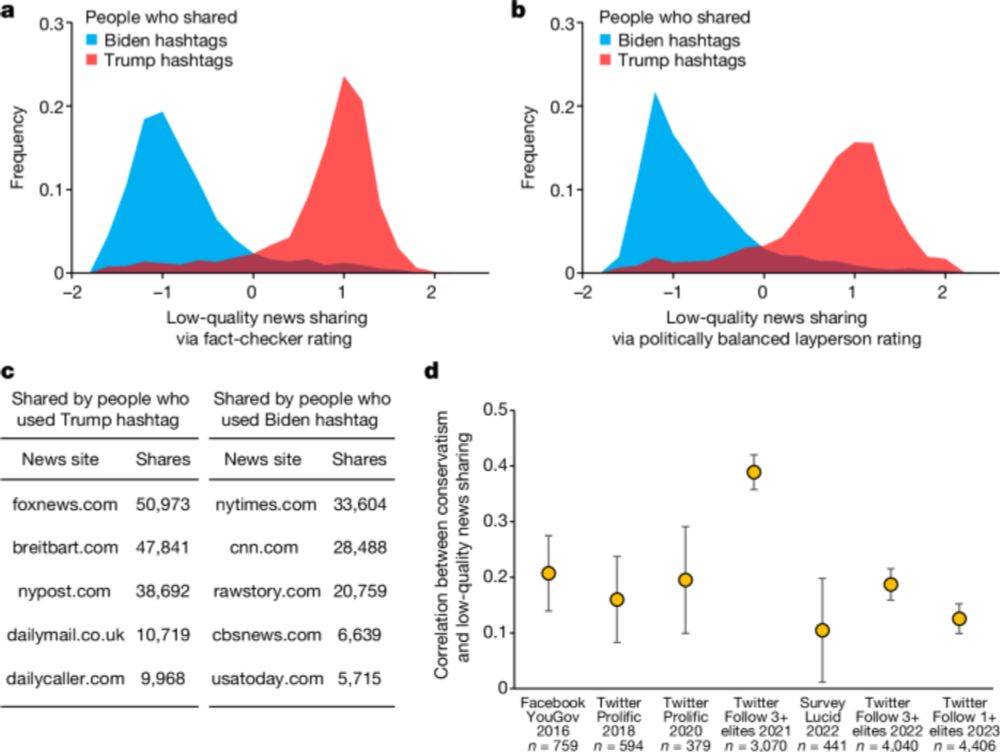
Differences in misinformation sharing can lead to politically asymmetric sanctions - Nature
We find that conservatives tend to share more low-quality news through social media than liberals, and so even if technology companies enact politically neutral anti-misinformation policies, political...
www.nature.com
Reposted by Emily Vraga
Rita Tang
@ritatang.bsky.social
· Jan 6
Emily Vraga
@ekvraga.bsky.social
· Jan 6

Strategic Subjectivity Shapes User Engagement: A Case Study on Health Journalists’ COVID-19 Tweets
Despite their important role in spreading accurate health information, particularly during crises, health journalists have to compete for audience engagement with a variety of content, especially p...
www.tandfonline.com
Reposted by Emily Vraga
Emily Vraga
@ekvraga.bsky.social
· Jan 6

Strategic Subjectivity Shapes User Engagement: A Case Study on Health Journalists’ COVID-19 Tweets
Despite their important role in spreading accurate health information, particularly during crises, health journalists have to compete for audience engagement with a variety of content, especially p...
www.tandfonline.com
Emily Vraga
@ekvraga.bsky.social
· Dec 20

Louisiana forbids public health workers from promoting COVID, flu and mpox shots
An NPR investigation found Louisiana health officials told staff to stop promoting vaccines for COVID, flu and mpox, holding flu shot events or otherwise encouraging the public to get those vaccines.
www.npr.org
Reposted by Emily Vraga
Reposted by Emily Vraga
Emily Vraga
@ekvraga.bsky.social
· Dec 17
Reposted by Emily Vraga
Reposted by Emily Vraga
Neil Lewis, Jr.
@neillewisjr.bsky.social
· Dec 16
Reposted by Emily Vraga
